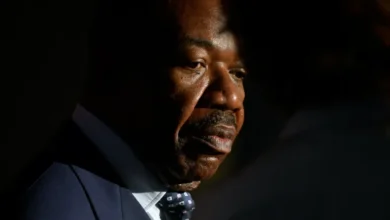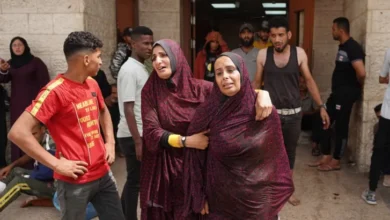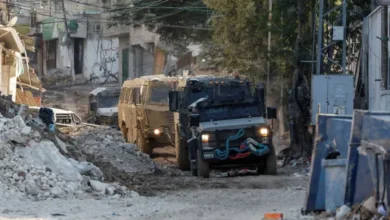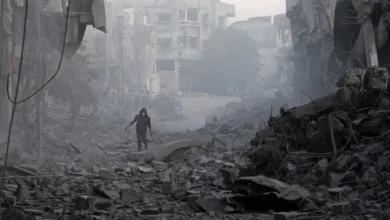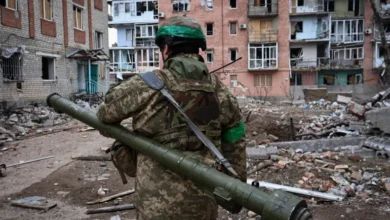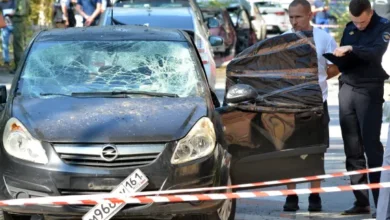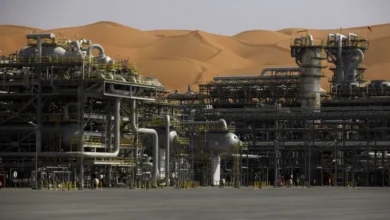Israel’s demolition surge: Schools become a primary target
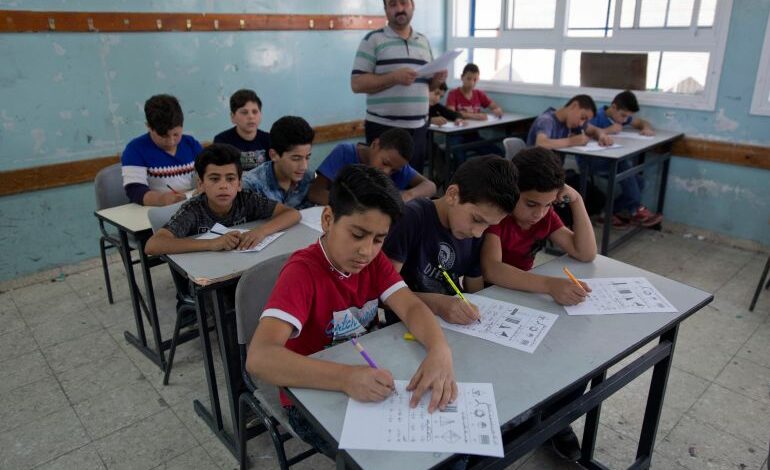
Ten-year-old Omar Salah could not go to school on Sunday because Israeli forces demolished it after no building permit was granted for the building.
Before 4am, Israeli soldiers were at the elementary school in Jubbet adh-Dhib with bulldozers, trucks and army vehicles. By the time Omar arrived in his school uniform, the school he knew was gone.Parents and children woke to the sound of bulldozers and ran to the school, frantically trying to prevent the demolition, some throwing rocks to try to deter the bulldozers.
“The soldiers came to the village and started shooting the parents and kids with bullets, tear gas and sound bombs,” Omar said a few hours later, still in a daze.
Fifty villagers were injured, and one community member lost an eye to a rubber bullet. “Everybody’s upset,” Omar said later that morning. “My brothers and sisters were crying.”
Omar, listless, stared at where his school once stood. All that was left was mounds of dirt and pools of water from broken water pipes. Children wandered aimlessly as parents with bandages wrapped over rubber bullet wounds met to figure out what to do.“[Bezalel] Smotrich said he wants to wipe out Huwara; this is what wiping out means,” Musa Salah, Omar’s uncle, said, referring to Israel’s far-right finance minister. Smotrich runs the Israeli Civil Administration (ICA), which administers Area C, the area of the occupied West Bank under Israeli civil and security control. Ninety percent of Jubbet adh-Dhib is in this zone.
Salah and his family had donated seven dunums (0.7 hectares, or 1.73 acres) of land to the community to build a school. An earlier school there was demolished just before the start of the 2017 school year, but it was rebuilt with donations from several European Union countries so 66 first- to fourth-graders could get an education.
Demolishing 20 schools 36 times
According to a May 3 report from the Office of the United Nations Special Coordinator for the Middle East Peace Process, 2.4 percent population growth among Palestinians means 600 new schools will be needed by 2025. But the number of school openings is lagging far behind that number. Encumbered by funding issues and the ICA, only 68 have been built since 2020 – and many of those subsequently faced demolition.In the past year, two schools have been demolished, and school building materials have been confiscated six times since 2020, according to the West Bank Protection Consortium, a partnership of nearly a dozen European states and several NGOs seeking to prevent the forcible transfer of Palestinians.
Individual cases vary, but a lack of building permits is often cited as the reason for school demolitions.Building permits are nearly impossible for Palestinians to get in Area C, where there is only a 2 percent success rate. After the demolition at Jubbet adh-Dhib, there were 57 schools educating 6,550 children facing demolition in the West Bank and East Jerusalem. Seven of them have exhausted legal avenues to delay their destruction.
Since Israel’s right-wing government took office at the end of 2022, demolitions have increased significantly. Recent UN statistics reveal a 42 percent increase in all demolitions this year compared with a similar time frame last year.
A closing window of protection
Even before the current Israeli government, changes in the administrative process and military law were making the process of carrying out demolitions in the West Bank easier and faster.
Wa’il Qut – a lawyer at the Jerusalem Legal Aid and Human Rights Center, which is overseeing the cases of 21 schools slated for demolition – said a 2018 military order allows the ICA to demolish any new building within 96 hours.The building application process became even less likely to succeed when jurisdiction for demolition cases in the West Bank were shifted from the High Court of Justice to Jerusalem’s more partisan and right-leaning District Court.
This development and other recent military policy changes have led to building permit applications being rejected much more quickly, taking two or three weeks when it once could take months or more than a year, according to Qut.
“The window for providing legal protection is getting narrower day after day unfortunately,” Qut said.
